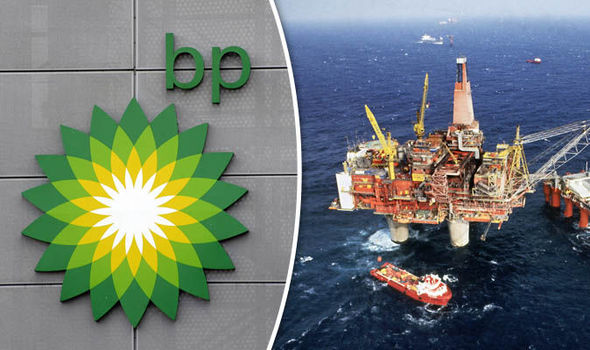
BP has signed a deal to explore for oil and gas off Gambia’s coast in a potential economic boon for the tiny West African country, although another producer says it owns the rights to the same license.
BP was awarded the license to the A1 block, the Gambian government said late on Tuesday, a deal which comes as producers seek to emulate oil and gas finds in neighboring Senegal and Mauritania that have attracted oil majors from across the globe.
The A1 block is one of two that the Gambian government stripped from Norwegian-listed African Petroleum Corporation in 2017, saying the licenses had expired and that the company had failed to meet contractual obligations.
African Petroleum disputed that and launched arbitration proceedings in October 2017 at the U.S.-based International Centre for Settlement of Investment Disputes. No resolution has been announced in the case.
African Petroleum said on Wednesday it “continues to reserve its rights in relation to the A1 license and will continue with its efforts to protect its interest” through arbitration.
A spokeswoman for BP declined to comment on the arbitration proceedings and said it had won the license in a bidding round.
A statement from the office of Gambian President Adama Barrow quoted Jonathan Evans, BP’s vice president for Africa New Ventures, as saying the project would begin with an environmental impact assessment, followed by two years of drilling, exploration and development of a first well.
“This is about looking for oil and gas in the deep water … and if it is successful to develop that oil in the future,” Evans said.
BP’s move into the country of 2 million people follows a $1 billion entry into gas fields in offshore Senegal and Mauritania in 2016 that includes plans to build a liquefied natural gas (LNG) plant to export West African gas worldwide.
African Petroleum estimated the A1 and A4 blocks that it held contained up to 3 billion barrels of oil. It is not clear what the estimate is for the A1 block alone.
Gambia’s government is promoting oil and gas development to revive an economy gutted by more than two decades of autocratic rule under former President Yahya Jammeh, who financed a lavish lifestyle by plundering the central bank and other public accounts. He fled the country in 2017.
The likelihood of success is hard to gauge: a well drilled by Australia’s FAR Ltd last year came up dry.
BP’s Evans was cautious about prospects and the time it would take for Gambia to benefit, according to his comments quoted in the presidential office statement.
“It is very important … to understand that the money wouldn’t start flowing tomorrow. It is probably in 10 years’ time before the revenues would start flowing in,” he said.
Reporting by Pap Saine; Writing by Aaron Ross; Editing by Edward McAllister
(Reuters)










Recent Comments